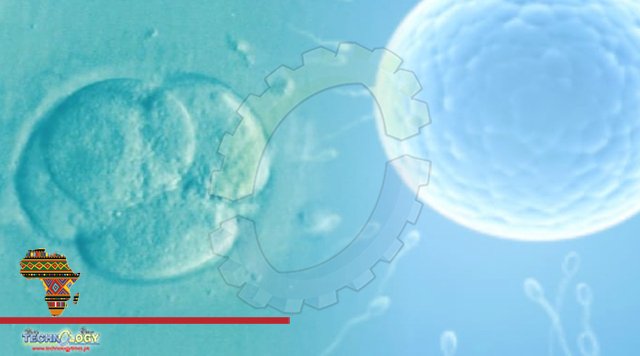menstrual period, Polycystic ovary syndrome is the most common gynaecological endocrine disorder in women of reproductive age. It affects between 4% and 20% of women globally and is influenced by genetic and environmental factors. Despite its prevalence, it remains a conundrum amongst clinicians and allied health professionals.

The Conversation Africa’s Nigeria based commissioning editor Kofoworola Belo-Osagie asked public health lecturer Ajike Saratu Omagbemi to explain the syndrome and the challenges around how it’s being detected. The condition refers to the presence of small, benign and painless cysts in the ovaries, which result in a range of symptoms and changes in hormonal levels. It is characterised by elevated androgen levels. menstrual period,, In turn this leads to excessive body and facial hair and menstrual irregularities (no period or a long period). It’s called a syndrome because it’s a collection of signs and symptoms which occur consistently together. Polycystic ovary syndrome can mildly or severely disturb the reproductive, endocrine and metabolic functioning of a woman. Polycystic ovary syndrome affects one in six infertile women in Nigeria. Local studies have reported rates of between 13.8% and 18.1%, amongst study populations of women in their reproductive age.
Local studies have mostly focused on determining its prevalence, treatment and management techniques. Only a couple of studies have focused on knowledge about the condition; and their findings were mixed. It’s not clear how much people know about polycystic ovarian syndrome in Nigeria. It’s important to close the knowledge gap on the condition in Nigeria. menstrual period, The country suffers from a double burden of infectious and non-infectious diseases such as HIV/AIDS, tuberculosis, cardiovascular disease, diabetes and obesity. There is growing evidence that these are linked to polycystic ovarian syndrome. Polycystic ovary syndrome can greatly affect the health and well-being of girls and women in the short, middle and long term, leading to deterioration of the quality of life. It can begin as early as the start of puberty. A girl may not understand what she is experiencing or be aware of her risk of ill health. Older women may not seek or receive targeted care early enough. They may have years of unrecognised ill health before getting a diagnosis. Symptoms are often related to a deterioration in a woman’s self-esteem and self-image and may thus affect her psychosocial health. Infertility, a classic symptom of polycystic ovarian syndrome, remains a critical concern in many African societies. There’s a great deal of stigma attached to women in Nigeria if they can’t become pregnant. Th psycho-social and other consequences may include deprivation and neglect, violence, marital problems and mental health issues.
Source: This news is originally published by allafrica